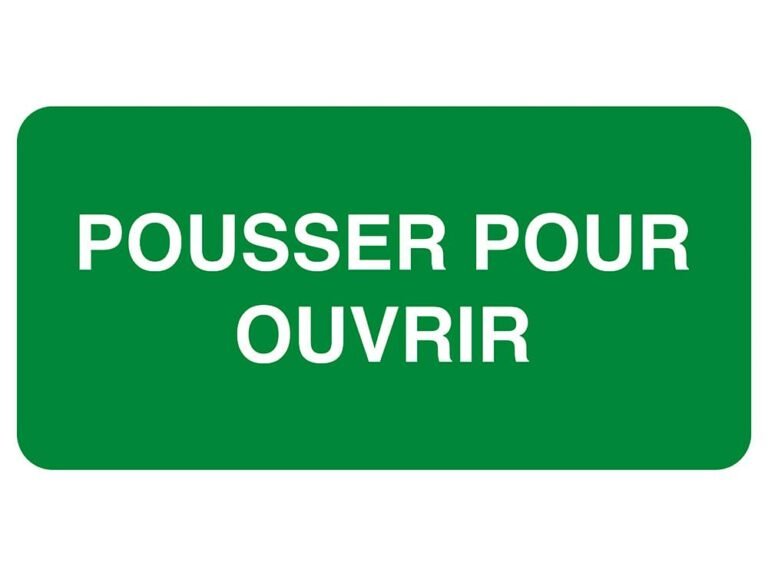rabattre le caquet à
The French expression “rabattre le caquet à” is commonly used to describe the act of putting someone in their place or silencing someone who is overly boastful or talkative. Literal meaning: Literally, “rabattre le caquet” could be translated as “to silence chatter” or “to shut a noisy hen’s beak.” The imagery is quite vivid: one…









